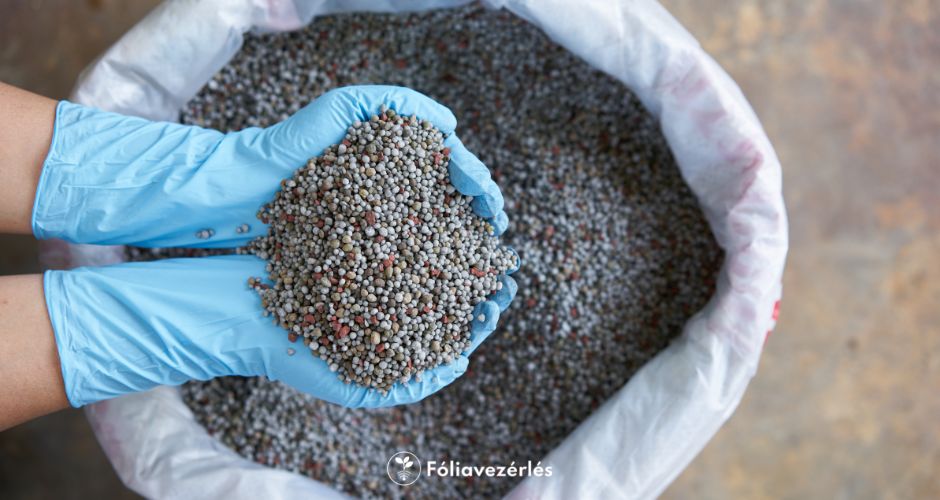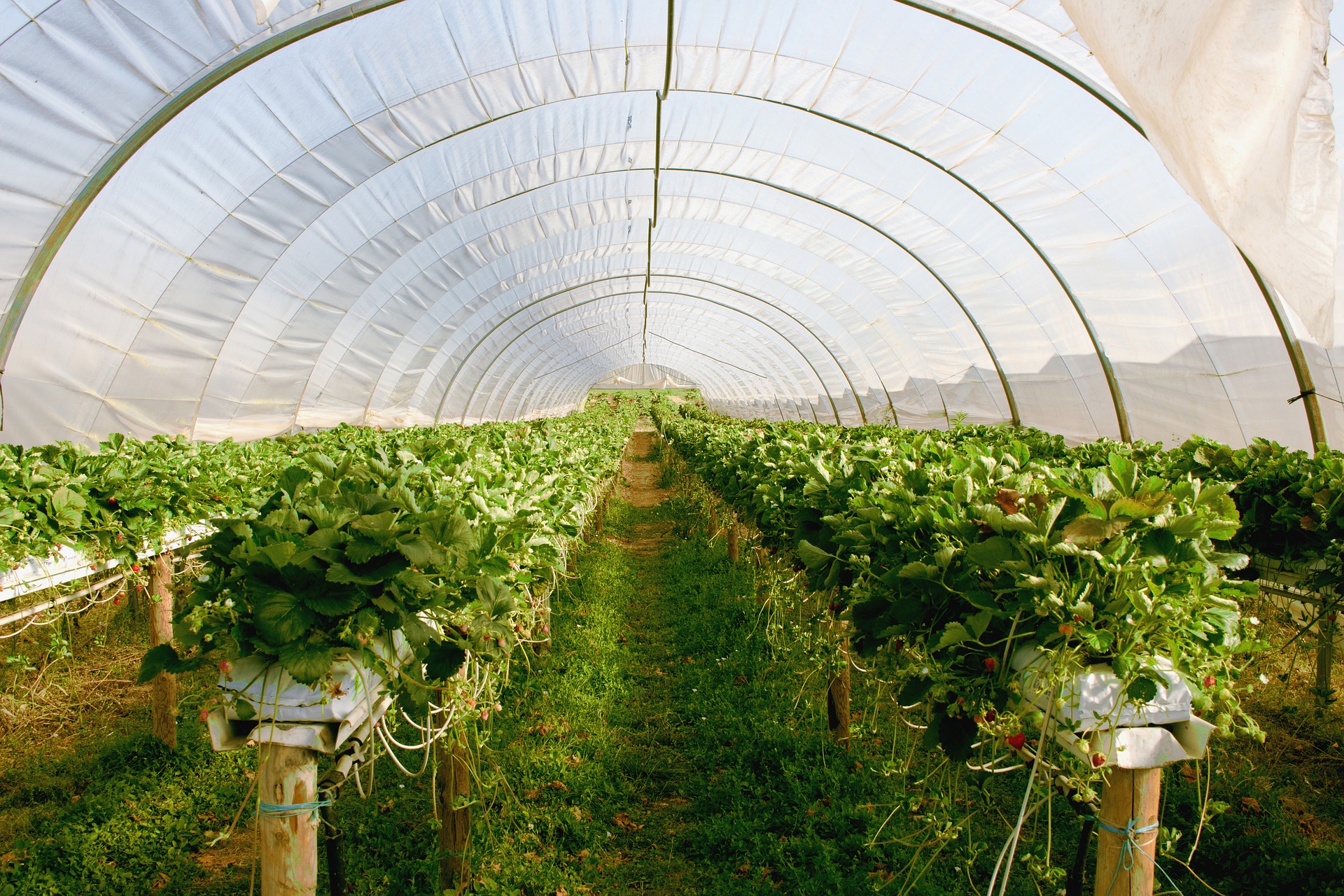How can the future of foil tunnel and greenhouse farming develop in the field of robotics? Does labour shortage influence development? Will automation solve labour shortages?
Developments are progressing step by step. According to experts, fully automatic systems will help farmers in the coming decades. They will be able to work in a digital environment, in which they will no longer have to struggle with a constant shortage of people and robots will do all the important work.
What is happening?
Labour shortages usually arise not because there are not enough people in the world to get the work done, but because there is a sudden surge in demand for certain products (see shortages of commodities during Covid), which cannot be tolerated by the supply chain due to the shortage of suitable workers to do the work. Unfortunately, harvesting works in agriculture have also become such a segment.

Foreign workers are employed in more and more places mainly abroad, but also in our country, for jobs that local workers are no longer willing to undertake. However, the hot and humid environment in foil tunnels and greenhouses is no longer an attractive job opportunity. Therefore, it is no other option but the power of yourself and your family to harvest the crops.
In contrast, a robot does what it is told to do by the user. A robot is never tired, never sick, never hot, never hungry. There are no contributions, no wages to be paid, their one-time cost is an investment in the future.
Will robots rule us?
Startup companies seek and develop solutions that help farmers to get the right foil, greenhouse ventilation, plant nutrient composition, irrigation, and so on. They offer ways to start and improve the optimal plant production. It is not the robots who will rule us, we will rule them.
The last year had a great impact on agriculture, and many things has to be rethought and reconsidered for the coming years.
Current developments are all about maintaining the agricultural sector, so that high-quality domestic products are not lost and customers will not have to consume expensive, medium-quality vegetables and fruits from abroad.





